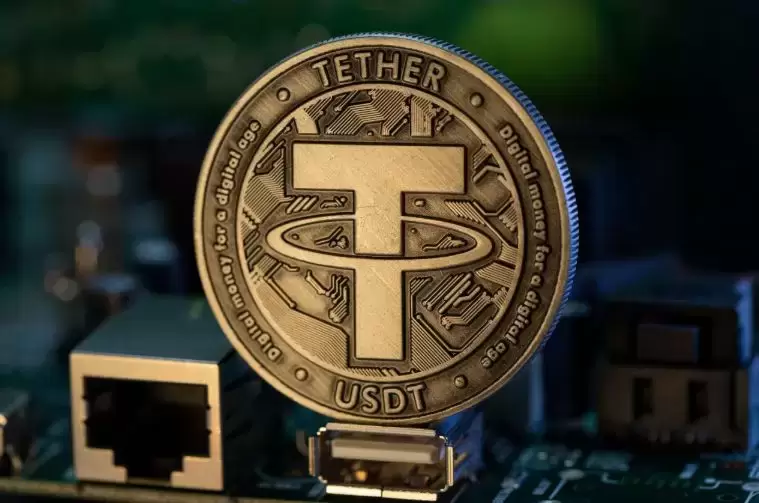 |
|
 |
|
 |
|
 |
|
 |
|
 |
|
 |
|
 |
|
 |
|
 |
|
 |
|
 |
|
 |
|
 |
|
 |
|
Cryptocurrency News Articles
Joe Zhou Warns Binance Users About SMS Spoofing Scam Targeting Their Cryptocurrency
Feb 26, 2025 at 09:42 pm
A prominent Web3 specialist, Joe Zhou, has raised awareness regarding an SMS spoofing scam targeting Binance users.

A prominent Web3 specialist, Joe Zhou, has shed light on an SMS spoofing scam that targeted Binance users. Sharing his personal experience on LinkedIn, Zhou fell victim to the scam and lost approximately $200 in cryptocurrency.
The scam began when Zhou received a fraudulent security alert via SMS on his registered Binance number. The message claimed that an unauthorized login had been detected from Pyongyang, North Korea, and included a contact number for immediate assistance.
The timing of the incident heightened Zhou’s concern, considering the recent $1.46 billion attack on the Bybit exchange, which was being investigated as an act of the Lazarus Group, a North Korean hacking syndicate.
Thinking quickly, he dialed the number provided in the SMS, believing it to be Binance customer service. However, he was speaking with a scammer who instructed him to create a SafePal Wallet to secure his assets.
The scammer, who spoke with a British accent, pressured Zhou into transferring his cryptocurrency holdings from Binance to the newly set up SafePal Wallet, fabricating a story of an ongoing investigation into his account.
Following these instructions, Zhou transferred his funds, only to realize shortly after that he was being scammed. He reached out to Carlos Mak, a Binance employee, who confirmed the scam.
Upon realizing the scam, Zhou attempted to retrieve his assets from the SafePal Wallet. However, the fraudster noticed his activity, leading to a frantic contest over the funds.
As Zhou attempted to convert some ERC-20 tokens, his transaction was stalled due to insufficient gas fees. Interestingly, his wallet received a small amount of ETH unexpectedly. But as soon as he proceeded with the transaction, the targeted asset was immediately drained by the scammer.
Ultimately, Zhou suffered a financial loss of $200 in an unspecified ERC-20 token. Following Zhou’s post, several Binance users reported experiencing similar fraudulent messages.
SMS spoofing scams are becoming increasingly prevalent in the crypto industry. This deceptive tactic involves altering sender IDs or manipulating SMS gateways to make fraudulent messages appear legitimate.
As these malicious schemes continue to emerge, users are advised to exercise caution and verify the authenticity of any messages demanding urgent action. Performing due diligence and avoiding impulsive responses can help mitigate the risks associated with such scams.
Disclaimer:info@kdj.com
The information provided is not trading advice. kdj.com does not assume any responsibility for any investments made based on the information provided in this article. Cryptocurrencies are highly volatile and it is highly recommended that you invest with caution after thorough research!
If you believe that the content used on this website infringes your copyright, please contact us immediately (info@kdj.com) and we will delete it promptly.
-

-

-

-

-

-

- Avalanche (AVAX) Price Dip Incoming? Expert Warns of a Brutal 60% Crash
- Apr 05, 2025 at 10:10 am
- Avalanche is back in the spotlight as crypto analysts point to a possible breakdown in its price trend. After slipping just above the $18 mark, it looks like AVAX could be gearing up for another leg down.
-

-

- Terra Luna Classic (LUNC) Price Consolidate at a Crucial Support as Weekly Burn Rate Soared and a Key Community Vote Began
- Apr 05, 2025 at 10:05 am
- Terra Luna Classic (LUNC) was trading at $0.000060 on Wednesday, where it has remained over the past few days. The token has dropped by over 66% from its December high.
-




























































